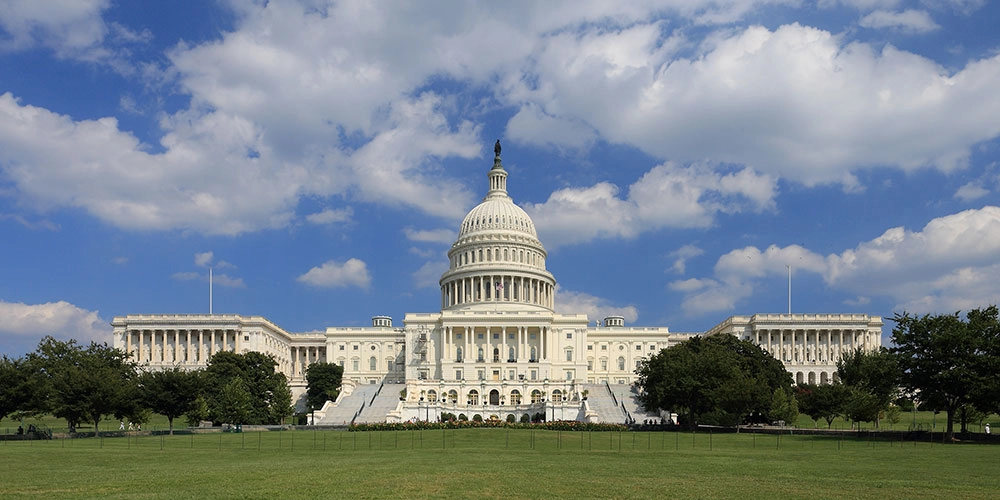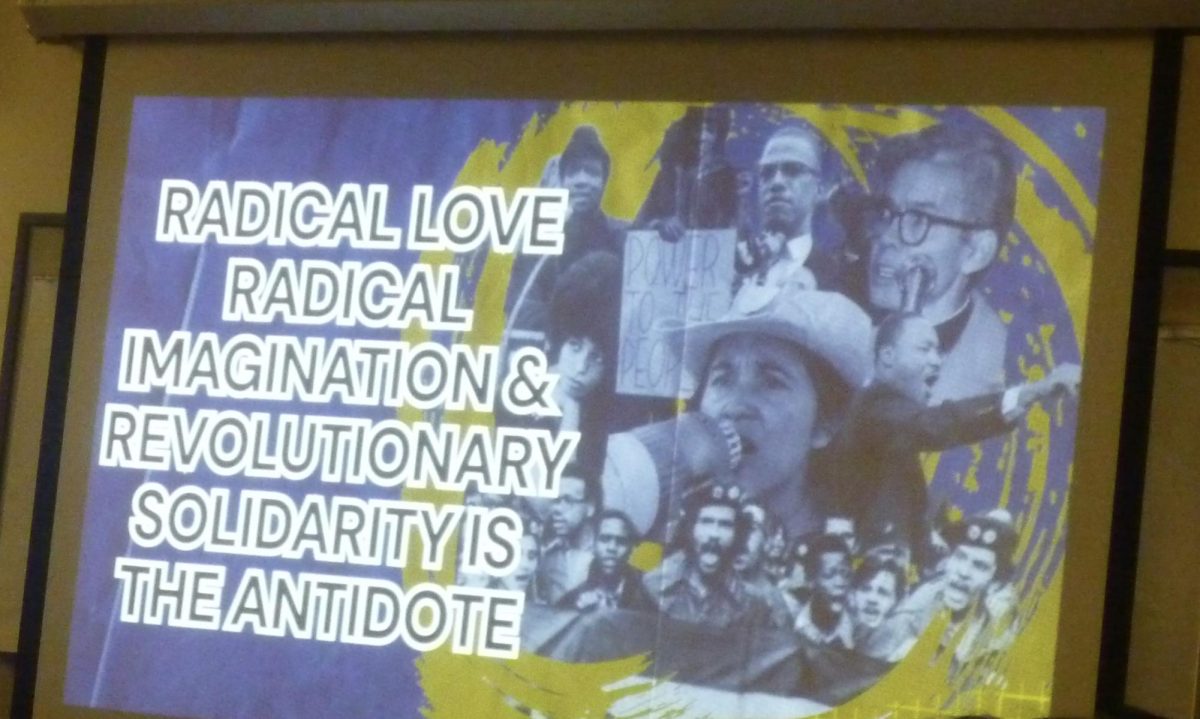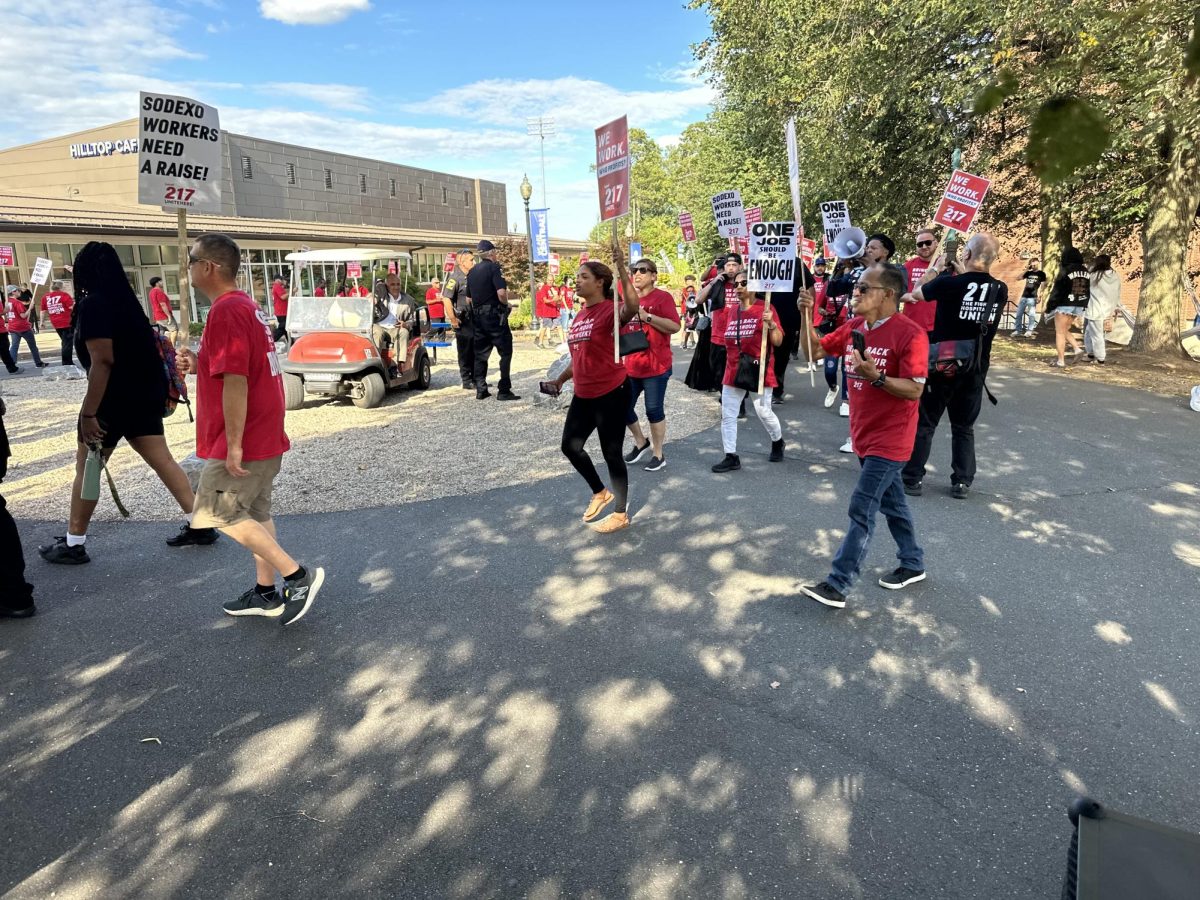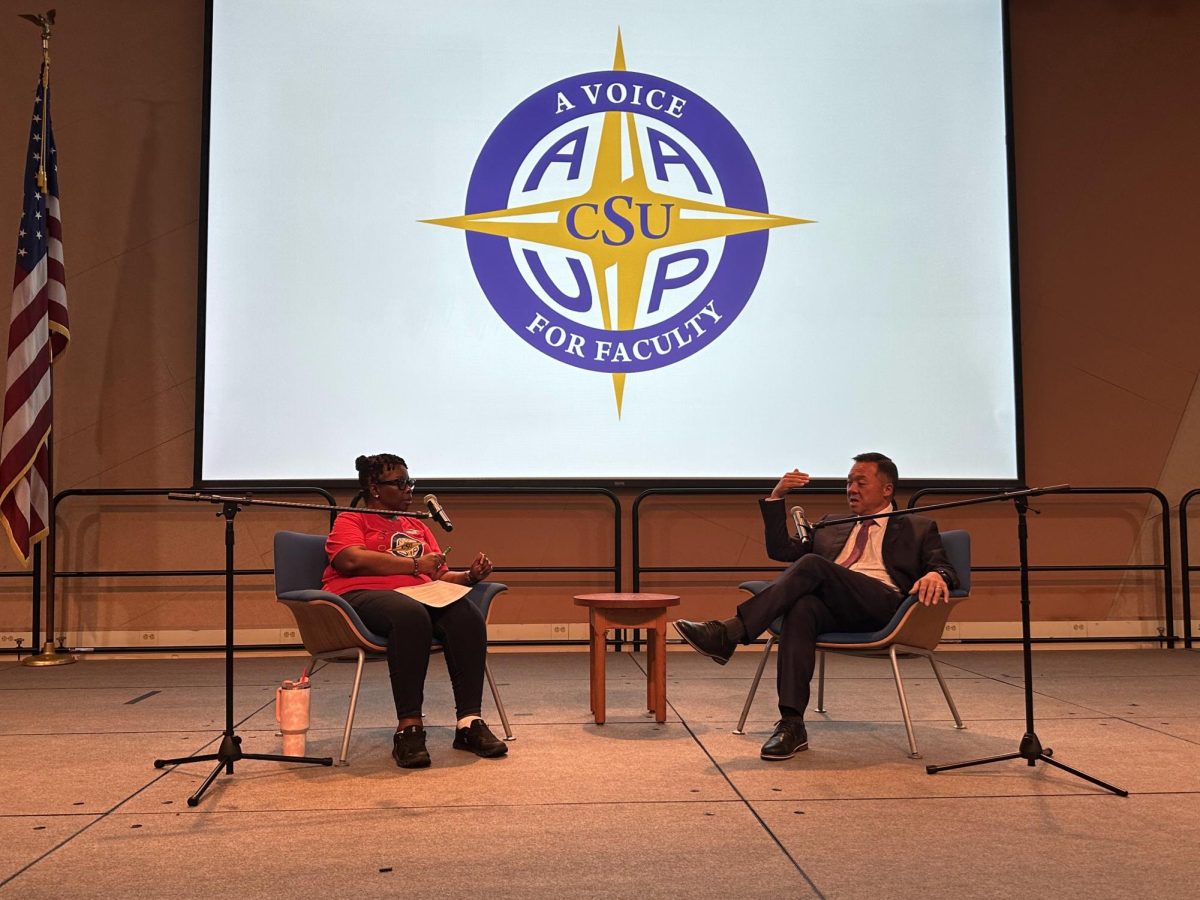After dedicating 14 years of his life to serving in the Army, Chris Berry has had to experience the struggles of life after war.
Berry, of New Britain, said he joined the Army when he was around the age of 18 after feeling like he had nowhere else to go. He was deployed twice, once to Iraq in 2009 to 2010, and once to Afghanistan in 2012 to 2013.
During his two deployments, Berry developed post-traumatic stress disorder, with many factors contributing to it. He said one of which was a conversation he had with another soldier in Iraq.
“He was like, ‘You know where we were chillin’ at all day?’ He was like, ‘Yeah that’s gone,’” Berry said. “That’s an eye-opener, you know? Like I was twenty minutes from death? I was twenty minutes from being done?”
According to the U.S. Department of Veterans Affairs, veterans are more likely to get PTSD than civilians, with 7% of veterans experiencing PTSD at some point in their lifetime.
The Veterans Affairs said that veterans who are deployed are three times more likely to develop PTSD than those who are not. The destination of a veteran’s deployment can also affect the odds of them developing PTSD. The VA reports that 29% of the veterans whose service era was Operations Iraqi Freedom and Enduring Freedom developed PTSD.
The transition from being deployed in Iraq to coming back to everyday life was not easy for Berry. Due to his PTSD, Berry said he would stay home a lot and had trouble with day-to-day activities.
“I’d go to grocery stores and try to get food and if the line was too long, I remember feeling all panicky and I would just leave,” Berry said. “I would have a cart full of food and I would just leave. I’d just get out the line.”
Berry said that his biggest aid in coping with his PTSD was God.
“Going to church was a huge help,” Berry said. “I believe if you have a relationship with God, he’s able to put everything into perspective and able to heal you spiritually.”
Chris Gutierrez of New Britain, the Veterans Affairs military programs coordinator at CCSU, said some veterans, including one at CCSU, have turned to untraditional methods to cope with their PTSD, including parachuting.
“He got involved with this group that deals with PTSD and coping with these hard times and things like that through parachuting,” Gutierrez said. “They invited him to Florida for a three-or-four-day thing and they have workshops about dealing with PTSD and they get to jump out of planes.”
Gutierrez said that the Veterans Affairs office at CCSU helps students cope. He said that they also try to raise awareness about the struggles that student veterans face in college.
“There’s things that the faculty need to be aware of,” Gutierrez said. “We do events here, educational events, to educate not only the faculty but also fellow students about having veteran students in their classrooms.”
Gutierrez said that this education provides veterans with better experiences in college despite their PTSD and allows others to be more understanding of the struggles veterans face.
“Coping with PTSD is an issue,” Gutierrez said. “But there’s a lot of help out there.”
Jason Strickland, of Wethersfield, who served in the Army National Guard for 25 years, had issues coping with his PTSD after getting back from his deployment to Iraq. He was there from February of 2004 to February of 2005.
Strickland said the military provides training designed to prepare you for a wide variety of situations but that he felt unprepared for his deployment to Iraq.
“The training does help in regard to coping with trauma, both physical and emotional,” Strickland said. “Being deployed to Iraq in 2004 tested limits in these areas.”
Strickland said while he was deployed, he experienced a lot of horrific things.
“I experienced two mass casualties in which approximately 25 to 30 soldiers were injured in mortar attacks,” Strickland said. “The visuals will stick with me the rest of my life.”
Strickland said he didn’t think much about what was happening while it was happening. His daughter was born the day he got to his base in Iraq and he said he used that as fuel to get through everything so he could go home to see her.
Once home, Strickland said he chose to cope with his PTSD by using a lot of self-treatment tactics.
“I wore earplugs to sleep and listened to soft music,” Strickland said. “I found out watching comedy shows helped.”
Strickland said his symptoms eventually faded away, but, that it had taken him a few years.
Mark Tripp of Vernon, a sergeant major in an aviation unit, has had to deal with the effects of PTSD in more ways than one.
Tripp joined the military 35 years ago after his older brother, who also served in the military, inspired him to join. Tripp has completed four tours and said he has seen the military go through many changes.
“The military has gotten a lot better on supporting their soldiers on mental health,” Tripp said. “As long as you ask for help and you can get help they’ll provide it.”
Not only has Tripp had to deal with PTSD himself, but he had to watch his older brother deal with it as well.
“My older brother passed away from PTSD,” Tripp said. “He committed suicide.”
Losing his brother to suicide caused Tripp to take mental health more seriously. Tripp said he tries to guide others to seek help for their PTSD by trying to set a good example.
“I do [battlefield] acupuncture. I do tai chi. I do a lot,” Tripp said. “If they see me doing it as an E-9 [sergeant major], I told people don’t ever be afraid to do it.”
Jonathan Pohl, the wellness program coordinator at Central Connecticut State University, said that each veteran who has PTSD handles it differently.
While working in Oakland, California, he said that he had taken a group of veterans who were suffering from PTSD to a baseball game where there ended up being a jet flyover.
“The guy next to me at the game, turns to me in the fifth inning and says ‘I’m finally back to normal,’” Pohl said. “So, for about two hours he had to struggle with the physiological, the mental changes that occurred by that flyover.”
Pohl said dealing with PTSD can be hard but that there is help out there for veterans who are struggling.
“The VA [Veterans Affairs] runs specialized clinics for PTSD,” Pohl said. “What they talk about is what life was like before their trauma experience, the trauma experience, and what is life like after the trauma experience.”






